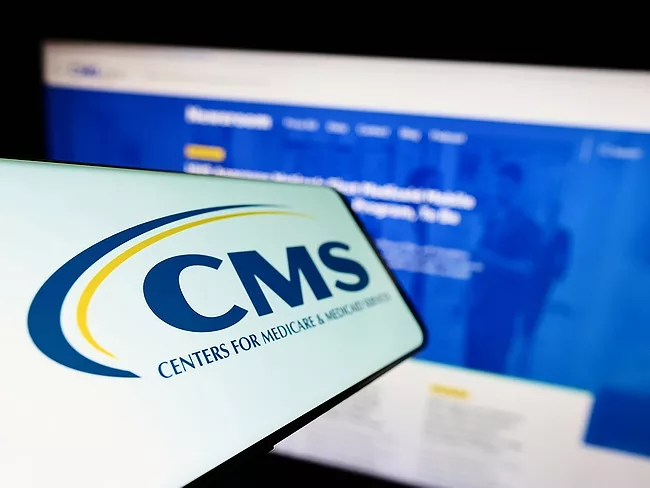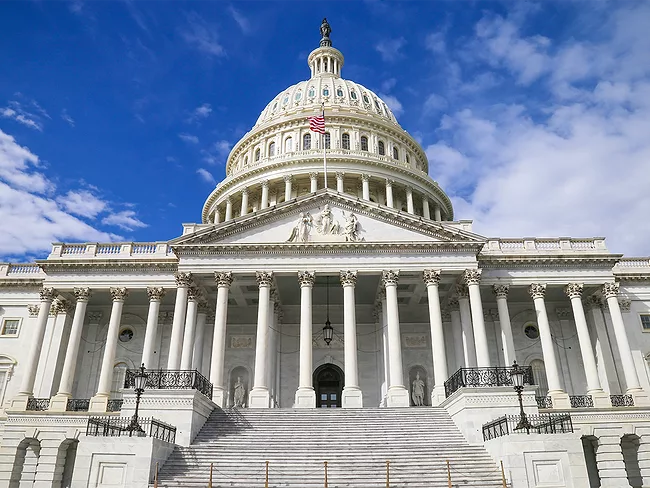
BioWorld - Wednesday, December 17, 2025
ARTICLES
2025 FDLI Compliance Conference
RRA asks whether industry is even remotely ready for action
Dec. 9, 2025
By Mark McCarty
2025 FDLI Compliance Conference
RRA asks whether industry is even remotely ready for action
Dec. 8, 2025
By Mark McCarty
2025 FDLI Compliance Conference
FDA’s use of generalist field investigators creating new dilemmas
Dec. 5, 2025
By Mark McCarty
2025 FDLI Compliance Conference
AI legislation seen as unlikely to pass anytime soon
Dec. 4, 2025
By Mark McCarty
2025 FDLI Compliance Conference
CDRH will emphasize risk management in CY 2026
Dec. 4, 2025
By Mark McCarty







